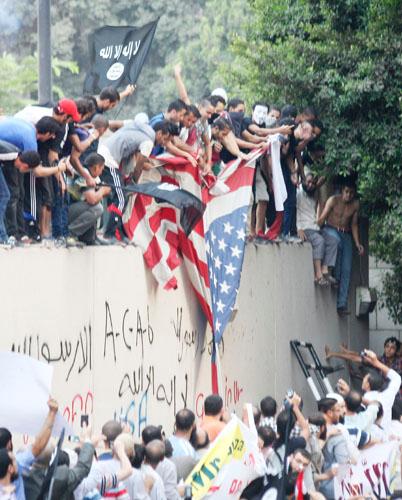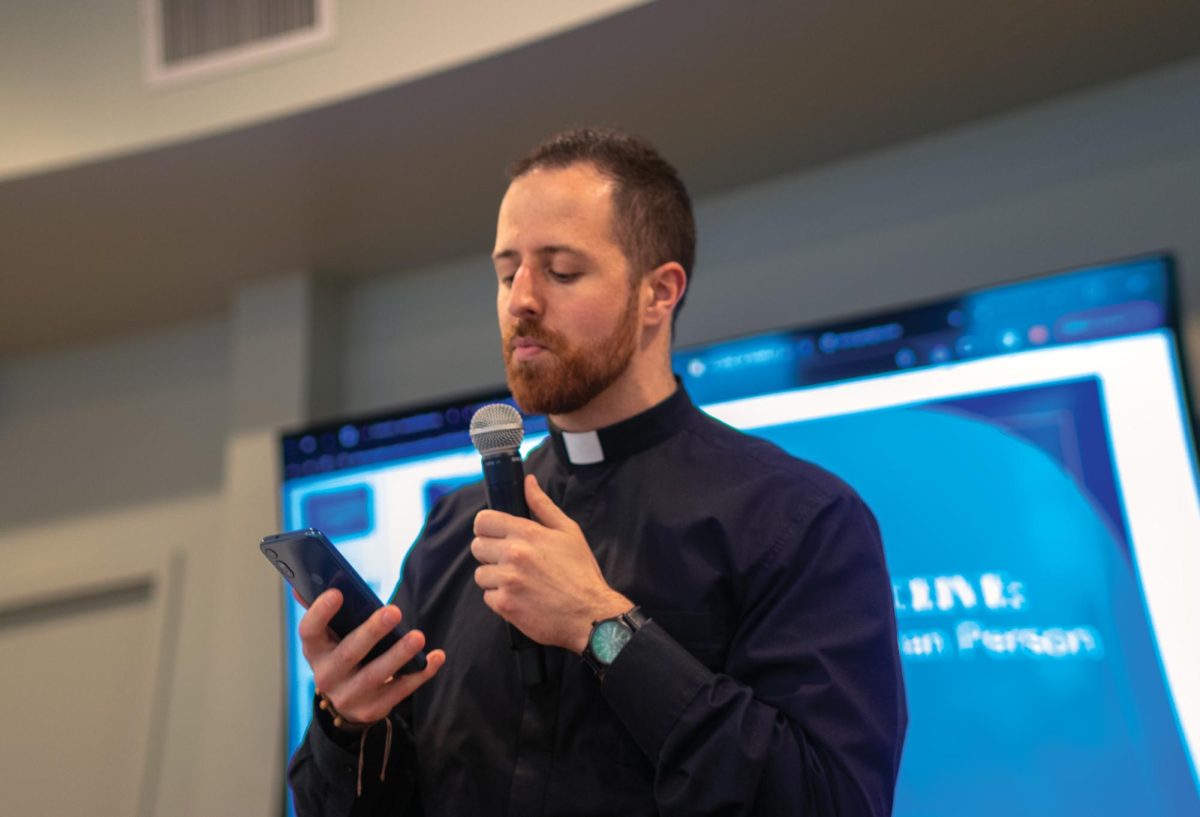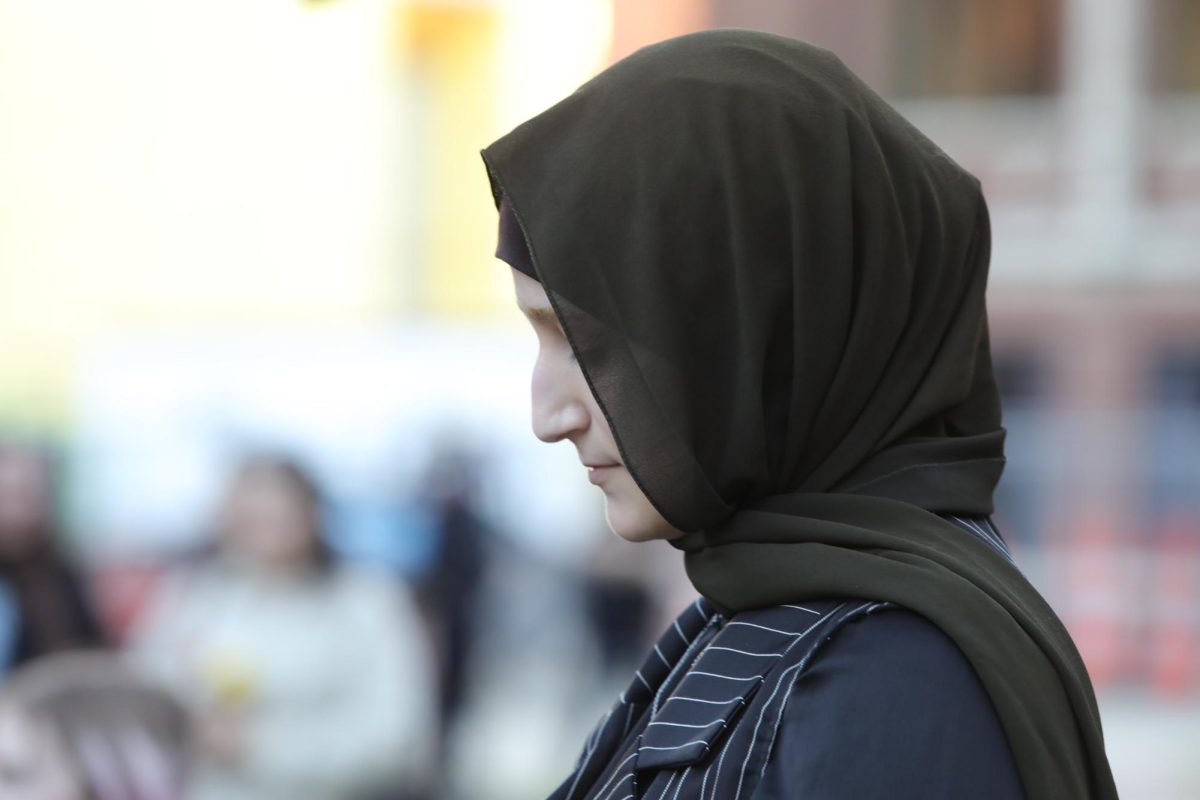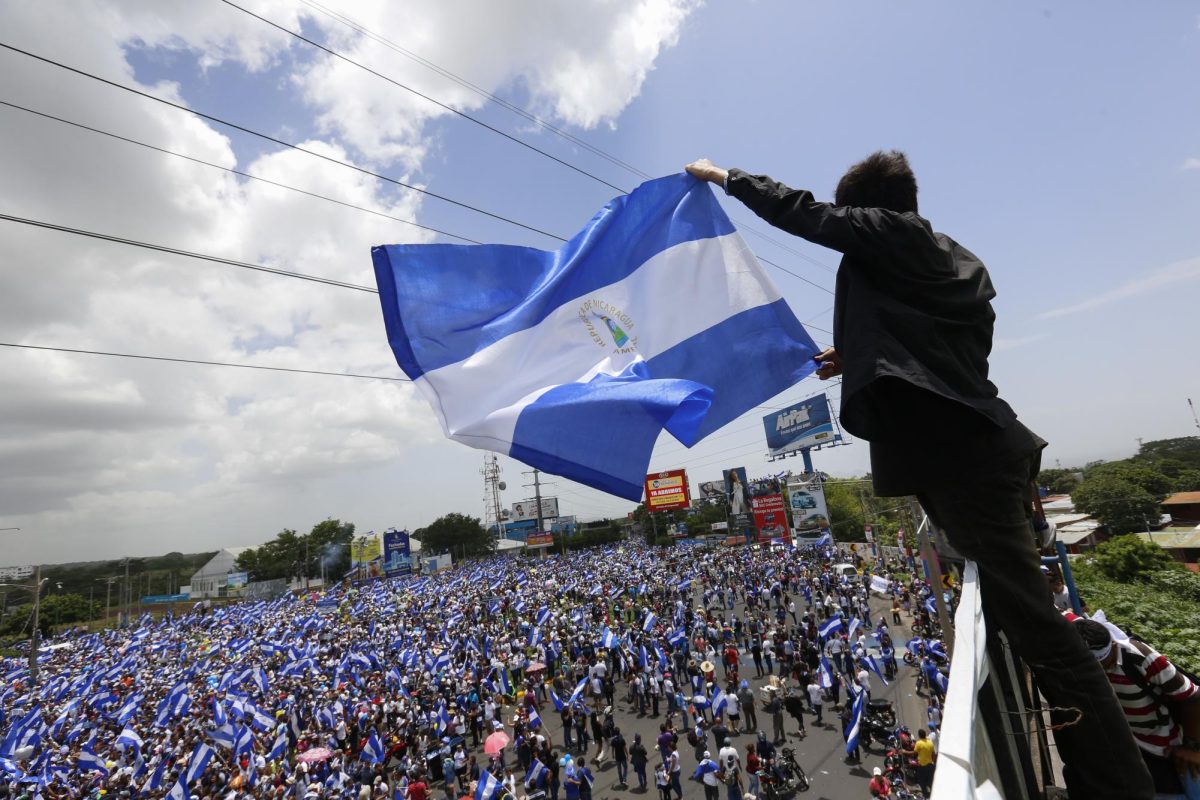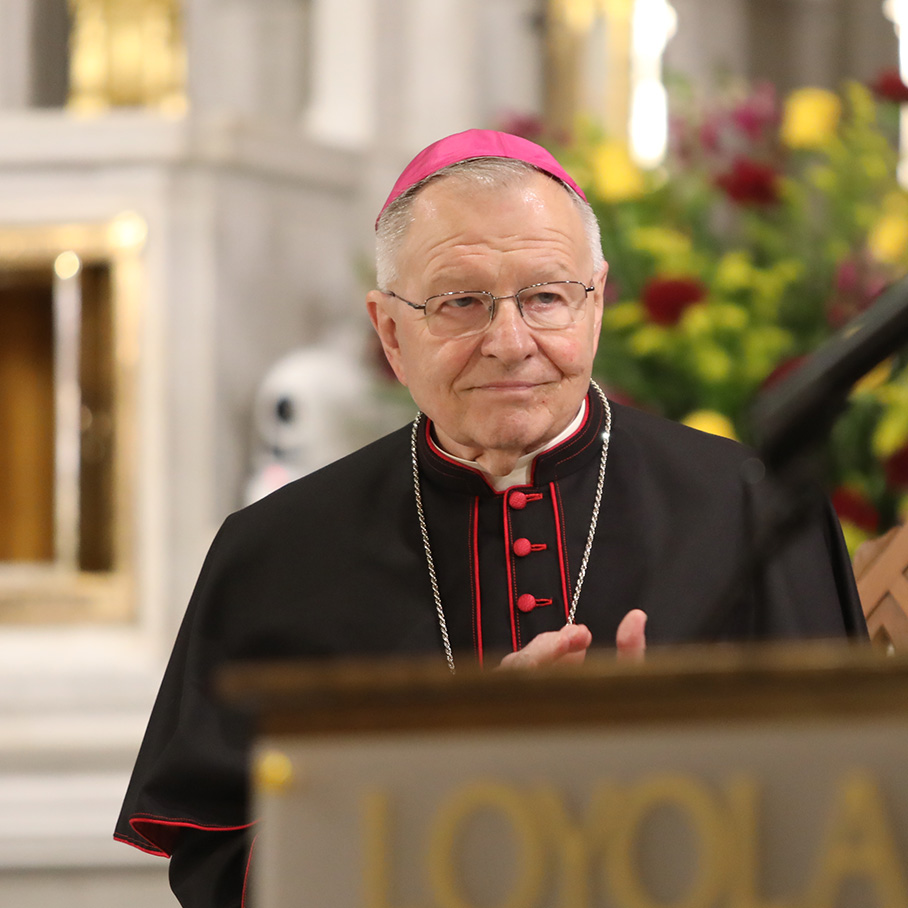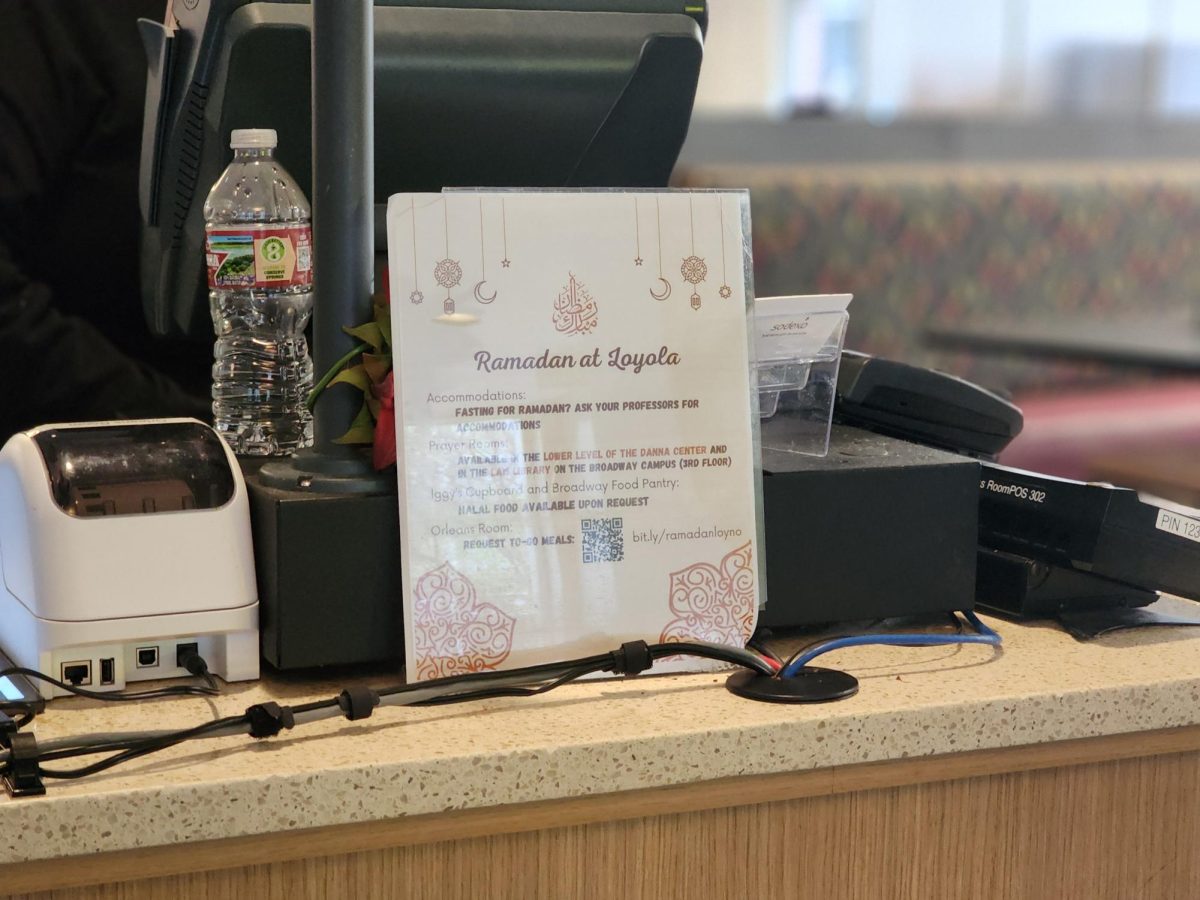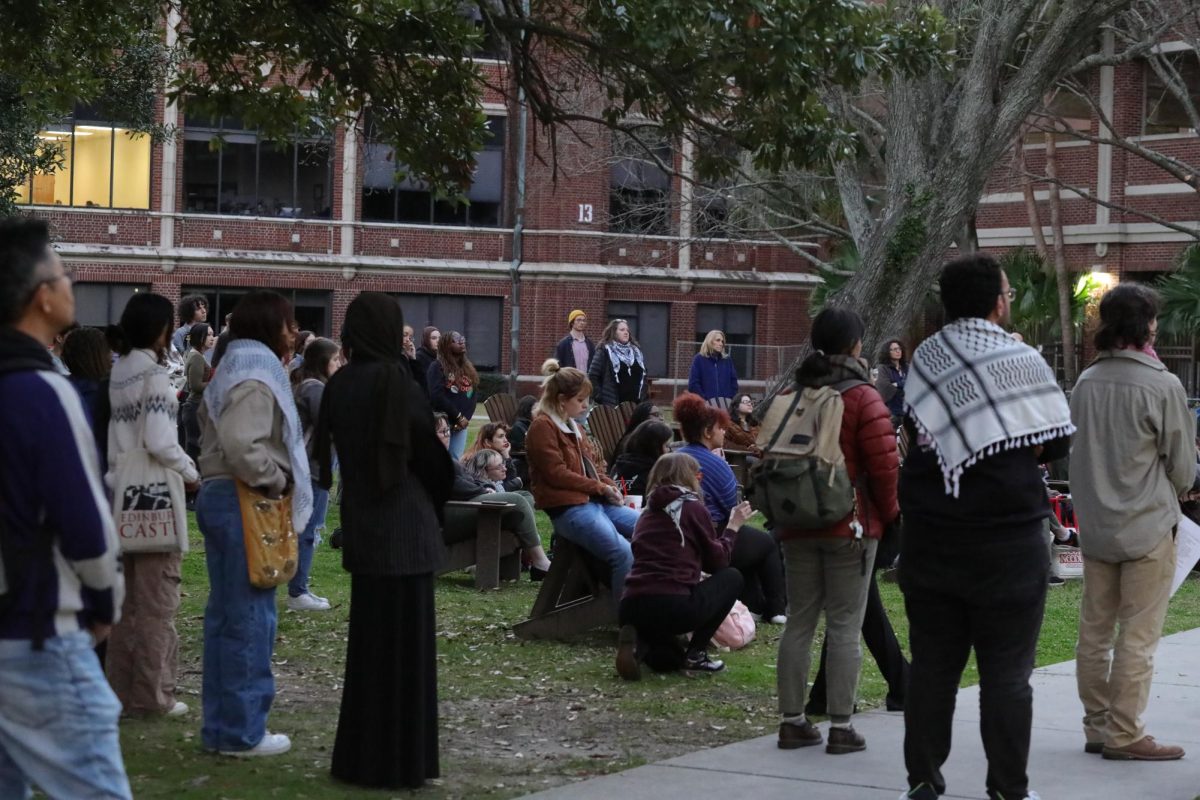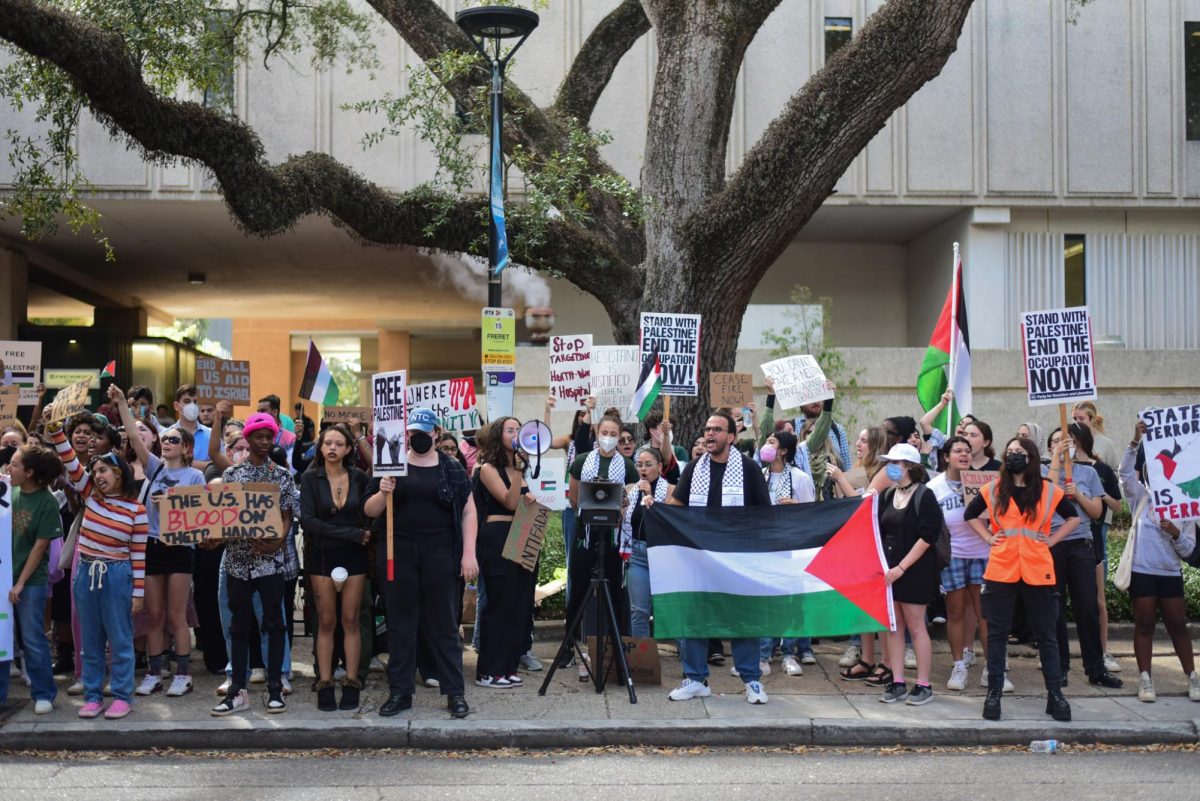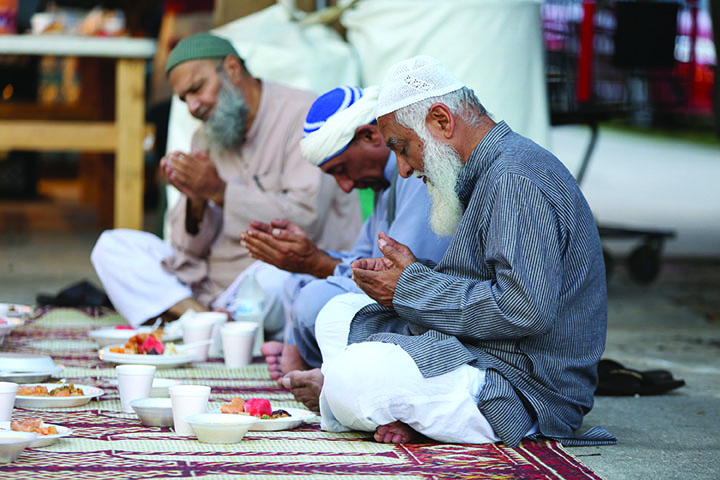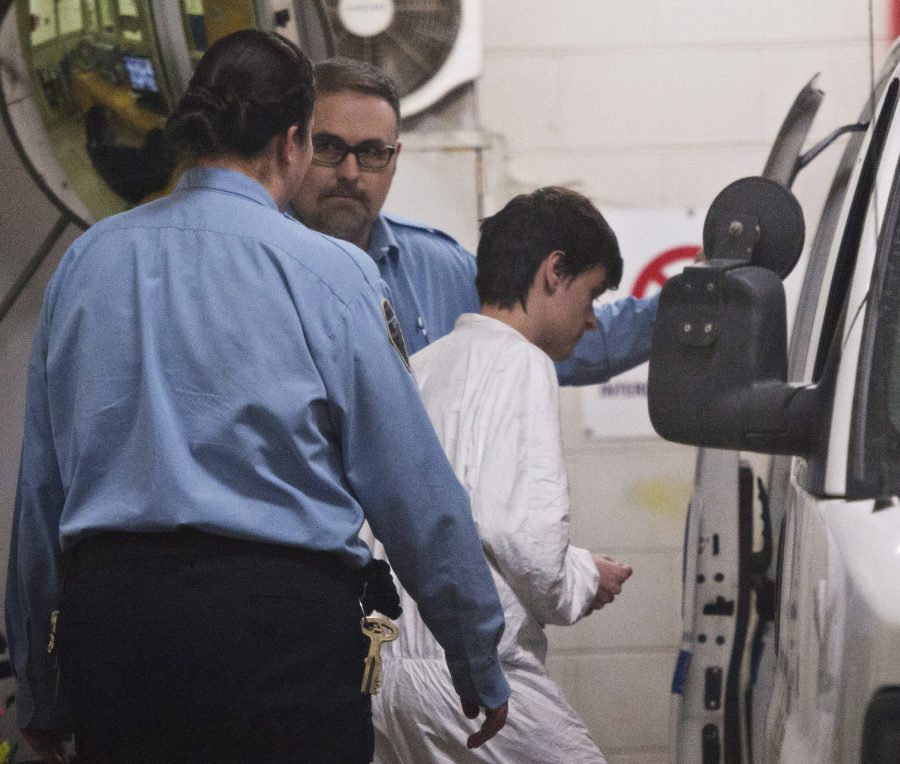BENGHAZI, Libya – A mob enraged by a film ridiculing Islam’s prophet killed the United States ambassador to Libya and three other Americans in a fiery attack on the US Consulate in Benghazi.
President Barack Obama strongly condemned the violence and vowed Wednesday to bring the killers to justice. He also tightened security at diplomatic posts around the world.
The attack that killed Ambassador Chris Stevens – the first US diplomat to die in the line of duty since 1979 – came on Tuesday’s eleventh anniversary of the Sept. 11 terrorist strike and presented a new foreign policy crisis for the United States in a region trying to recover from months of upheaval.
Libya’s interim president, Mohammed el-Megarif, apologized for what he called the “cowardly” assault on the consulate, which also killed several Libyan security guards in the eastern city.
Just before the Benghazi violence, protests also flared in Egypt, where crowds angry over the film climbed the walls of the U.S. Embassy in Cairo and tore down an American flag, which they replaced briefly with a black, Islamist flag.
The protests were touched off by a movie made in the United States by a filmmaker who calls Islam a “cancer.” The two-hour movie titled “Innocence of Muslims” came to attention in Egypt after its trailer was dubbed into Arabic and posted on YouTube. The video excerpts posted on YouTube depict the Prophet Muhammad as a fraud, a womanizer and a madman in an overtly ridiculing way, showing him having sex and calling for massacres.
A man identifying himself as Sam Bacile, a 56-year-old California real estate developer, said he wrote, produced and
directed the movie.
He told the AP he was an Israeli Jew and an American citizen, but Israeli officials said they had not heard of Bacile and there was no record of him being a citizen. They spoke on condition of anonymity because they are not permitted to share personal information with the media.
In Libya, the volatility is further compounded by the wide availability of heavy weapons and the numerous armed militia factions that remain more powerful than security forces.
Stevens, 52, died as he and a group of embassy employees went to the consulate to try to evacuate staff when the mob of protesters, including gunmen armed with machine guns and rocket-propelled grenades, attacked.
Dr. Ziad Abu Zeid, who treated Stevens, told The Associated Press that he died of asphyxiation, apparently from smoke. In a sign of the chaos during the attack, Stevens was brought by Libyans to the Benghazi Medical Center with no other Americans, and no one at the facility knew who he was, Abu Zeid said.
Stevens was practically dead when he arrived before 1 a.m. Wednesday morning, and “we tried to revive him for an hour and a half, but with no success,” Abu Zeid said. The ambassador suffered from internal stomach bleeding because of the asphyxiation but had no other injuries, he said.
The crowd of several thousand moved on to the consulate Tuesday evening, firing in the air outside the compound. The consulate is a one-story villa located in a fenced garden in downtown Benghazi. A small contingent of Libyan security forces protecting the facility also fired in the air, trying to intimidate them, said Wanis el-Sharef, the deputy interior minister of Libya’s eastern region.
Faced with the mob’s superior size and firepower, the Libyan security withdrew, el-Sharef said. Gunmen stormed the building, looted its contents and torched it.
Details of how the Americans were killed are still being pieced together, but according to al-Sharef ‘s account, two distinct attacks took place.
Al-Sharef said Stevens and a consulate staffer who had stayed behind in the building were killed in the initial attack on the consulate.
The rest of the staff successfully evacuated to another building nearby, preparing to move to Benghazi Airport after daybreak to fly to the capital, Tripoli, he said.
Hours after the storming of the consulate, a separate group of gunmen attacked the other building, opening fire on the more than 30 Americans and Libyans inside. Two more Americans were killed and 32 wounded – 14 Americans and 18 Libyans, he said.
There was no immediate confirmation of al-Sharef ‘s account.
“I strongly condemn the outrageous attack on our diplomatic facility in Benghazi,” Obama said in Washington, adding that the four Americans “exemplified America’s commitment to freedom, justice and partnership with nations and people around the globe.”
Obama ordered increased security to protect American diplomatic personnel around world.
“Make no mistake: We will work with the Libyan government to bring to justice the killers who attacked our people,” he said.
Obama added: “We reject all efforts to denigrate the religious beliefs of others, but there is absolutely no justification for this type of senseless violence, none.”
El-Megarif offered his condolences to the US and also vowed to bring the culprits to justice and maintain close relations with Washington.
“We extend our apology to America, the American people and the whole world,” el-Megarif said.
In Benghazi, the bloodshed stunned many Libyans, especially since Stevens was popular among many factions and politicians, including Islamists, and was seen as a supporter of their uprising last year against longtime dictator Moammar Gahdafi.
The leader of Ansar al-Shariah, an armed ultraconservative Islamist group, denied any involvement in the attack.
“We never approve of killing civilians, especially those who helped us,” said Youssef Jihani. “We are well-educated and religious.”
The violence raised worries that further protests could break out around the Muslim world as knowledge of the anti-Islam movie spread.
So far, the reaction has been limited.
About 50 protesters burned American flags outside the US Embassy in Tunisia’s capital Wednesday but were kept away from the building by reinforced security. And in Gaza City, dozens of protesters carrying swords, axes and black flags chanted “Shame on everyone who insults the prophet.”
Mahmoud Mohammed, a 25-year-old factory worker, demanded a US apology for the offending film and the prosecution of those behind it. “They violated the honor of the prophet and his wives and made him out to be sex-crazed. This is nonsense,” he said.
The uproar over the film also poses a new test for Egypt’s new Islamist president, Mohammed Morsi, who has yet to personally condemn the riot outside the US Embassy in Cairo or say anything about the offending film. Many of the protesters demanded that he speak out against the movie.
His spokesman, Yasser Ali, condemned the film. While the government is responsible for the security of foreign diplomatic missions, he said, it guarantees the right of peaceful protests.
“However, the state will deal firmly with any irresponsible attempts to break the law,” he said.


